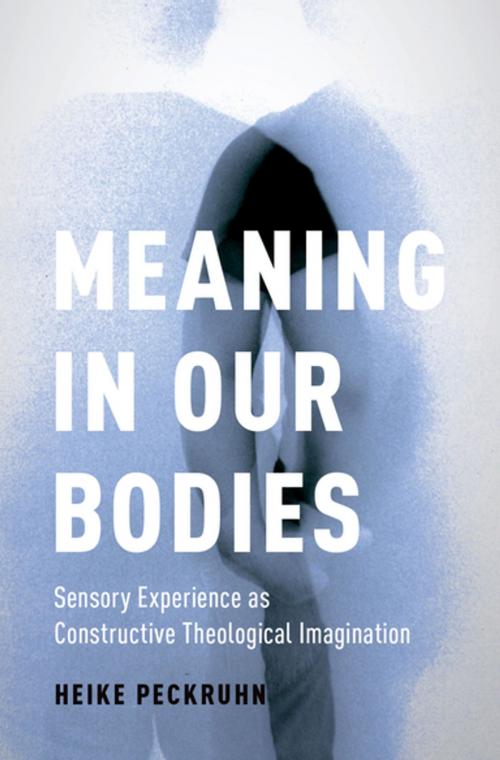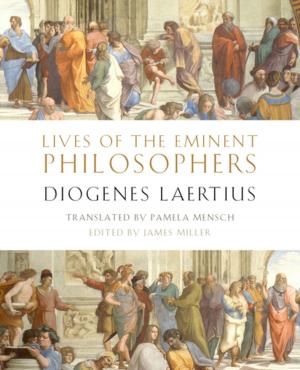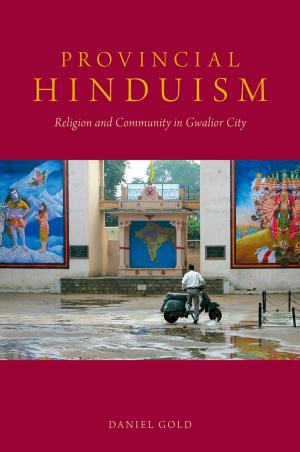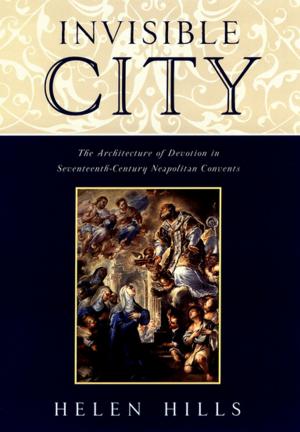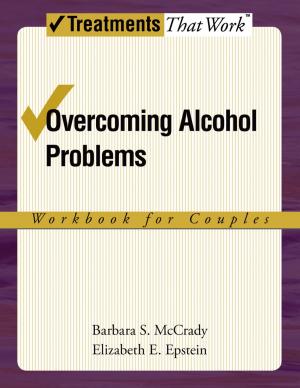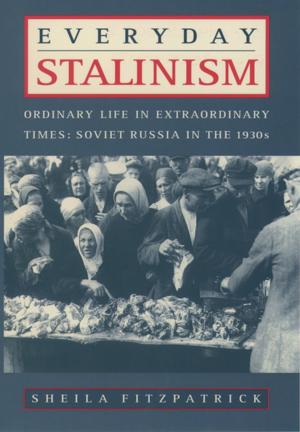Meaning in Our Bodies
Sensory Experience as Constructive Theological Imagination
Nonfiction, Religion & Spirituality, Theology| Author: | Heike Peckruhn | ISBN: | 9780190655129 |
| Publisher: | Oxford University Press | Publication: | May 1, 2017 |
| Imprint: | Oxford University Press | Language: | English |
| Author: | Heike Peckruhn |
| ISBN: | 9780190655129 |
| Publisher: | Oxford University Press |
| Publication: | May 1, 2017 |
| Imprint: | Oxford University Press |
| Language: | English |
Movement, smell, vision, and other perceptual experiences are ways of thinking and orienting ourselves in the world and are increasingly recognized as important resources for theology. In Meaning in Our Bodies, Heike Peckruhn seeks to discover how embodied differences like gender, race, disability, and sexuality connect to perceptual experience and theological imagination. Peckruhn offers historical and cultural comparisons, showing how sensory experience can order normalcy, social status, and communal belonging. She argues that scholars who appeal to the importance of bodily experiences need to acquire a robust and nuanced understanding of how sensory perceptions and interactions are cultural and theological acts of making meaning. This is a critical volume for feminist theorists and theologians, critical race theorists, scholars of disability and embodiment, and liberation thinkers who take experiences seriously as sources for theologizing and religious analysis.
Movement, smell, vision, and other perceptual experiences are ways of thinking and orienting ourselves in the world and are increasingly recognized as important resources for theology. In Meaning in Our Bodies, Heike Peckruhn seeks to discover how embodied differences like gender, race, disability, and sexuality connect to perceptual experience and theological imagination. Peckruhn offers historical and cultural comparisons, showing how sensory experience can order normalcy, social status, and communal belonging. She argues that scholars who appeal to the importance of bodily experiences need to acquire a robust and nuanced understanding of how sensory perceptions and interactions are cultural and theological acts of making meaning. This is a critical volume for feminist theorists and theologians, critical race theorists, scholars of disability and embodiment, and liberation thinkers who take experiences seriously as sources for theologizing and religious analysis.
